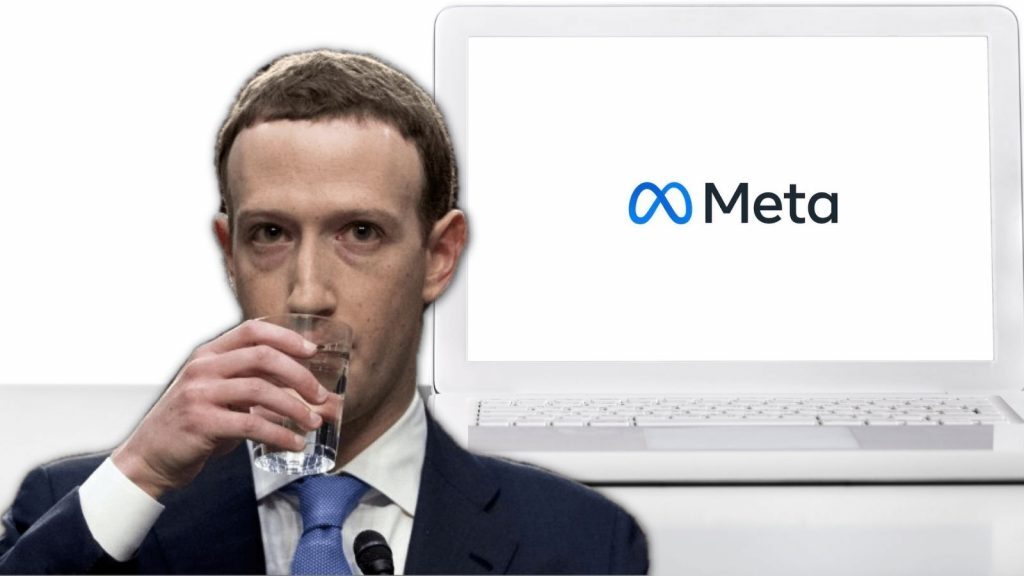Things have just gotten very real for Facebook, as the first two significant lawsuits have been filled since whistle-blower Frances Haugen’s bombshell revelations.
“Facebook said it was looking out for our children and weeding out online trolls, but in reality was creating misery and divisiveness for profit. We are not people to Mark Zuckerberg, we are the product and we are being used against each other out of greed,” said Ohio attorney general Dave Yost in the first case.
He’s acting for the Ohio Public Employees Retirement System, who were among the Facebook investors that collectively lost more than $100bn in shareholder value after Haugen’s revelations.
“Facebook investors recently learned the truth when… Haugen came forward with internal documents showing that defendants were aware that Facebook’s platforms facilitate dissention, illegal activity, and violent extremism, and cause significant harm to users,” the Ohio case claims.
Last week another 10 US states also sued Facebook. “Facebook, now Meta, has failed to protect young people on its platforms and instead chose to ignore or, in some cases, double down on known manipulations that pose a real threat to physical and mental health – exploiting children in the interest of profit,” said Massachusetts attorney general Maura Healey.
They allege that Facebook knowingly “put the public at risk” by, as Haugen so famously said, “prioritising growth over safety”.
These cases are significant for three reasons. The first is that it is based on a trove of internal documents – which have been dubbed The Facebook Papers – that show researchers warned management of the consequences but Zuckerberg and co ignored them. That is going to be hard to deny in court, no matter how vociferous Facebook’s PR campaign is.
It’s worth also noting how Facebook’s communications tone has changed, becoming increasingly aggressive. “This suit is without merit and we will defend ourselves vigorously,” a Facebook spokesperson said of the first case, while another claimed the second “demonstrate[s] a deep misunderstanding of the facts”.
It will backfire on them eventually. Nobody likes a giant company that has wrought massive social damage and then arrogantly claims to be misunderstood. In fact, nobody likes arrogance much at all – especially when it’s a giant multination that makes billions of dollars in profit every year and doesn’t care about the mental health of its most vulnerable users.
Remember that Instagram’s own research found that “we make body image issues worse for 1 in 3 teen girls,” according to Haugen’s leaked documents.
The second reason these cases are different is that these revelations have had financial consequences. Those Ohio public employees who lost some of the $100bn in their retirement investments have real-world consequences to show to a judge. These civil servants will be poorer when they retire because of this.
Additionally the financial markets have been largely unmoved by the ethical and legal scandals, but Facebook’s six-hour outage demonstrated that markets are moved when there is a financial impact on the company.
The third reason these cases are noteworthy is that it’s getting personal. Ohio’s AG is suing Facebook itself, Zuckerberg, CFO David Wehner and vice president of global affairs Nick Clegg. Previous lawsuits have been focussed only on the company. Now the executives themselves are being held accountable.
Zuckerberg has repeatedly said he’s “responsible” after Cambridge Analytica and other scandals. He’s about to find out what that means.
This article first appeared in the Financial Mail




